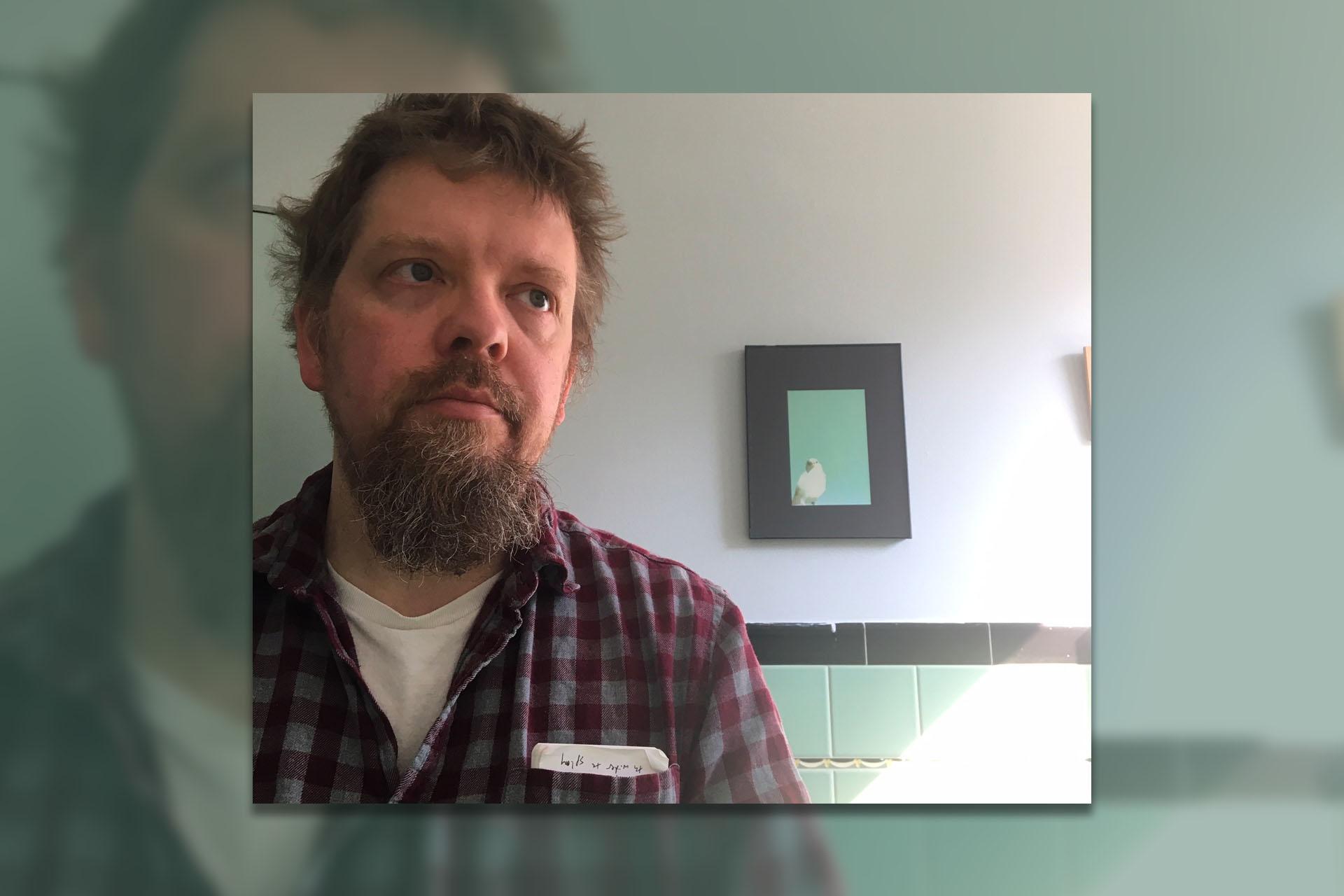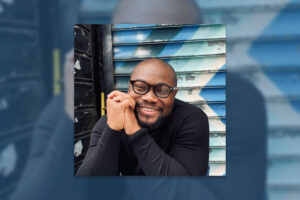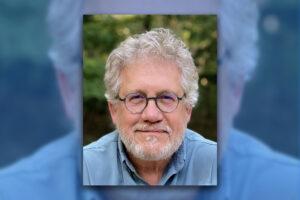City Boy
I’m home from college in my grandmother’s living room: she is full of listening, and I, for once, am full of words about where I live now. At a pause, she tells me, “You use your hands now when you talk.” She even demonstrates, “You makes all these—gestures” and smiles, “You talk with your hands. It’s new. I don’t mean anything by it, it’s just—different. Just an observation.”
I tell her two of my friends are from New Jersey and she nods with slow savor. “Oh. Well, that must be it.”
A family friend can’t remember where George Mason is, so I tell him Fairfax is 15 miles west of DC. “Oh, northern Virginia, right, up near Washington. Hell, that ain’t even Virginia anymore.” I withhold the stories I have been told by the white natives of that young region about how much farmland just a few years ago, and how high still the redneck percentage.
And so the state denied its own, dismissed how one part seemed to have grown, and
the body told a story different from the mouth, and the fast-talking, loose-thinking North clipped the South, and some-uppity-body rewrote textbooks with still other stories that will one day in the wrong hands roil and tempt coy looks, stories that will pull on the ear and provoke the tongue, will pat and understand the wanting, open hand, will wake the nose with
dust-smoke, the scent
of some youngun
getting ideas.
East of The Anacostia
We’re taking them
to a different part
of the city, and one
kid can’t quite shake something.
“Where are we reading
again?” I tell her
how I know:
“18th and L, Northwest.
Closest metro’s
Farragut North.”
She asks if it’s near
the White House. I say,
“Yeah, kinda. Not too far,”
and then it clicks. “Oh,
we’re going to Washington.
See, we live in DC.”
She was maybe
thirteen and already knew
that, like all American
cities, the Diamond City
is two cities and isn’t even
a diamond, but three quadrants
and a fourth that ain’t:
Southwest, what Virginia
retroceded for reasons
like a fist of snakes.
Make what you will
of such flagrant perversion
of symmetry, state-
sponsored too, as if
we needed more of that.
At thirteen, she already
knew what rivers and streets
and color codes can do,
her literal error
a metaphorical fact,
truth spoken in a new tongue.
Some of the finest views
you’ll find, up there in the bluffs
around Congress Heights. Just ask.
Walking Home With Londell & Terry
The white man walks slower with them
than he did by himself this morning.
One kid bobs up and down, as both
trash talk each other, scoff
and grin, and they don’t spare the white man,
either, so he joins in, just like
his father would with him, and soon
all three are scoffing and grinning at each other.
It’s a good time, walking east
on Mississippi, north on Wheeler,
past the Holiday Mart, and Holiday
Liquors, up the hill in the warm afternoon.
Once the old asylum is in view,
the white man is alone again
to head east on Alabama
to the new subway station
that already smells like piss.
Exactly a mile from the middle school
where they started, he’ll descend,
and ride west along a few jolting
turns and one transfer, reading
two dozen poems, talking to the kids
by hand in the margins, and will close
his eyes at some point during
the 13.3 miles to another state
and an older station that smells like nothing.
Andy Fogle is the author of Mother Countries (forthcoming, Main Street Rag), Across from Now, and seven chapbooks of poetry, including Arc & Seam: Poems of Farouk Goweda, co-translated with Walid Abdallah. He’s from Virginia Beach, spent years in the DC area, and now lives with his family in upstate NY, teaching high school.





